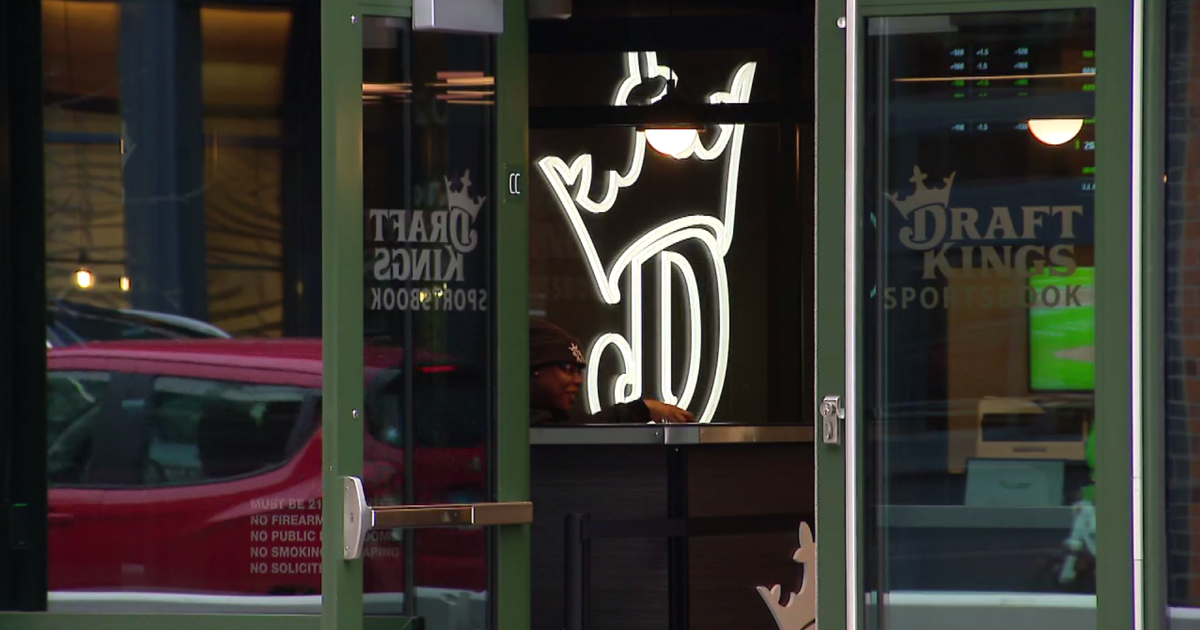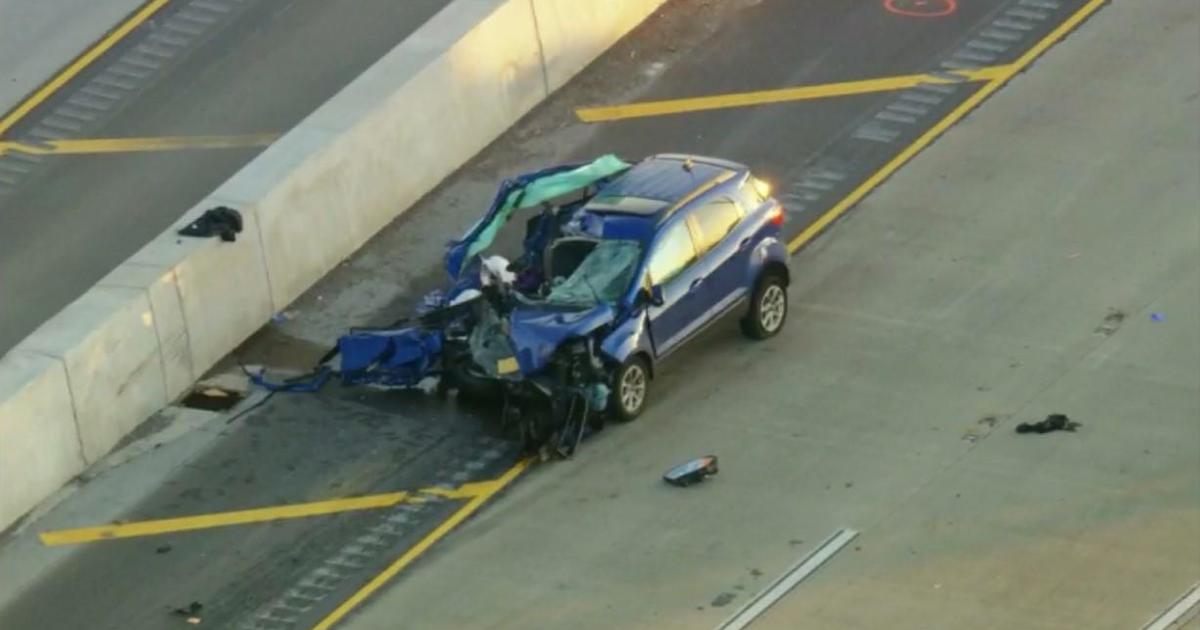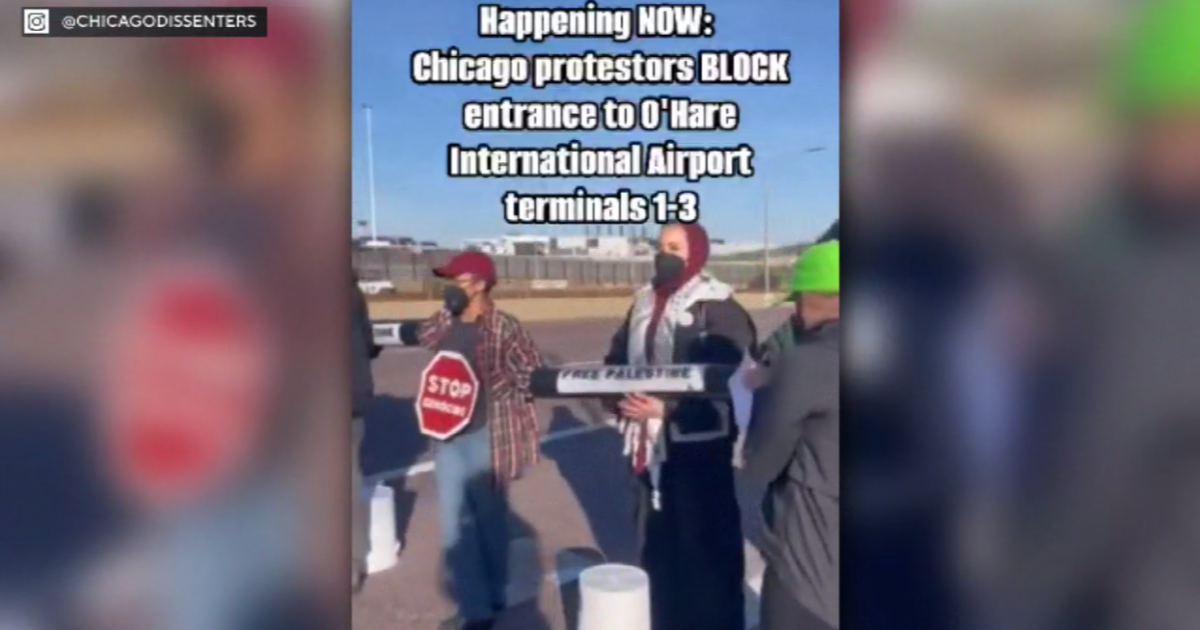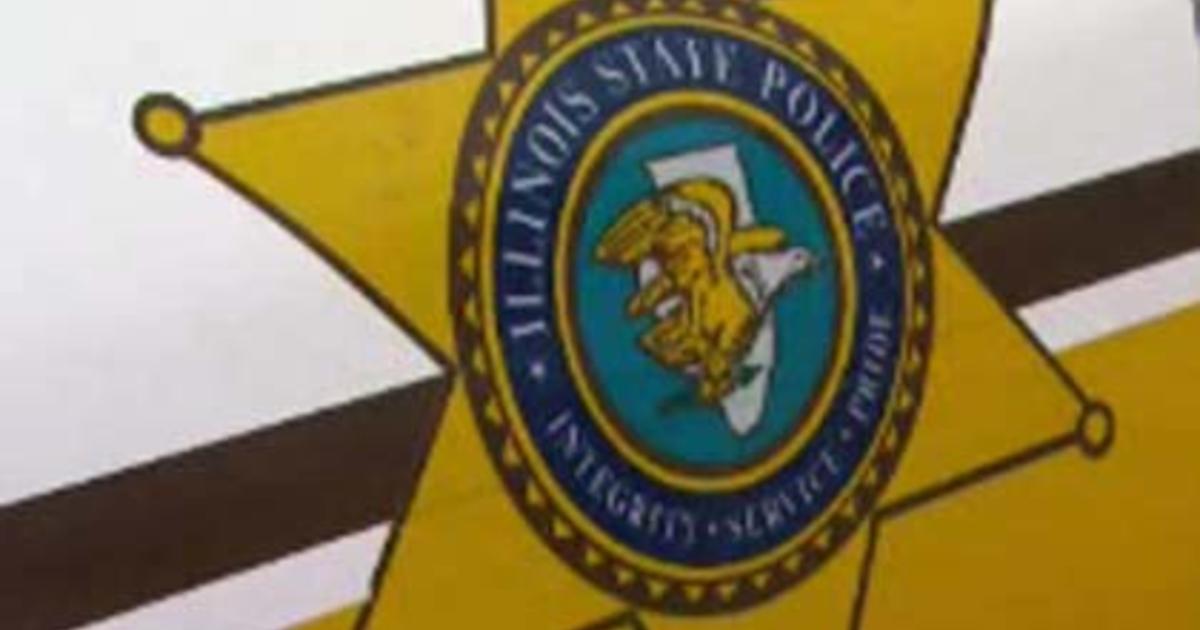Quinn Rains On Ill. House Gambling Parade
SPRINGFIELD, Ill. (AP) — Offering up a direct challenge to a resistant Gov. Pat Quinn, the Illinois House resurrected a huge expansion of legalized gambling Wednesday that includes a land-based casino in Chicago, four more on riverboats and allowing ailing horse-racing tracks to add slot machines.
Quinn responded to House approval with ridicule, asserting the measure "continues to have major ethical shortcomings."
The 69-47 tally was two votes shy of what would be necessary to overcome a Quinn veto — something the Democratic governor promised to do last year with a similar bill. But in a state starved for cash, Rep. Lou Lang, the bill's sponsor, was confident that tax revenue of at least $300 million a year would change the Democratic governor's mind.
"I'm hopeful that with the vote total we got today that the governor will decide that economic development, job creation and saving an industry — the horse racing industry — is worth doing," the Skokie Democrat said.
LISTEN: WBBM Newsradio's Alex Degman reports
Podcast
The proposal would create a Chicago casino with 4,000 gambling posts such as slot machines or seats at blackjack tables and add riverboat casinos in Danville, Park City, Rockford and an undetermined site in Chicago's south suburbs. Each of the new boats and 10 existing ones could have 1,600 positions, up from 1,200.
For the first time, horse racing tracks, which have suffered financially since riverboat gambling was introduced two decades ago, would be able to operate slot machines as long as they kept up a sufficient racing schedule.
The proposal now moves to the Senate, where Sen. Terry Link likes its prospects. The Waukegan Democrat and Senate sponsor dismissed Quinn's suggestion that lawmakers should stop focusing on "shiny objects like gambling" and turn their attention to reforming pension programs and cutting Medicaid costs — budget-busters if not addressed.
Quinn said the bill is too weak. It doesn't prohibit campaign contributions from the gambling industry, provides insufficient time for the Illinois Gaming Board to make necessary regulatory decisions and lacks proper oversight of purchasing or of a separate body that would monitor the Chicago casino.
"As long as I'm governor, I will not support a gambling bill that falls well short of protecting the people of Illinois," Quinn said in a statement. "It is clear that this gaming bill still needs significant improvement."
Lang said the revamped legislation addresses most of Quinn's worries over the previous effort. It removes a provision allowing slot machines at Chicago's airports and Springfield's state fairgrounds; offers $50 million for the Gaming Board for new investigators; provides for tighter monitoring of the Chicago-casino oversight board and creates an inspector general to investigate gambling wrongdoing.
Lang predicted annual taxes from the boats would top $300 million, and could go as high as $1 billion. Setup fees, licensing and a special tax over the first four years of operations would produce a one-time bump of $1.2 billion, he said.
A report released by Quinn's office in November predicted annual revenue of $160 million. Other skeptics — including the existing gambling industry in Illinois, which opposes the bill — said gamblers would merely leave one Illinois spot for another.
A long-dormant license went to a new boat that opened in Des Plaines last year. A report prepared for lawmakers said the Rivers Casino pumped new revenue into the Illinois treasury but gambling at other boats declined.
"They have been cannibalized by the Rivers Casino and if we're talking about getting money to avoid making the cuts we need to make this year, it's not going to happen," said Rep. David Harris, R-Arlington Heights.
The biggest revenue declines, Lang countered, are at Indiana casinos, which Illinois gamblers abandoned because of new opportunities here.
That can only increase, said Rockford Democratic Rep. Chuck Jefferson, who called his city a "gatekeeper" for people finding entertainment in nearby Wisconsin.
"If we can close that escape route, we can keep the dollars in Illinois," he said.
Others voted against the plan because they doubt it would be the economic engine that's promised.
"When you look at the billions of dollars that we're salivating to get into the state coffers, that means tens of billions of dollars have to be lost out of these various communities," said Rep. Robert Pritchard, R-Hinckley. "It's sucked out of the economic fiber where people would normally be patronizing other retail establishments."



